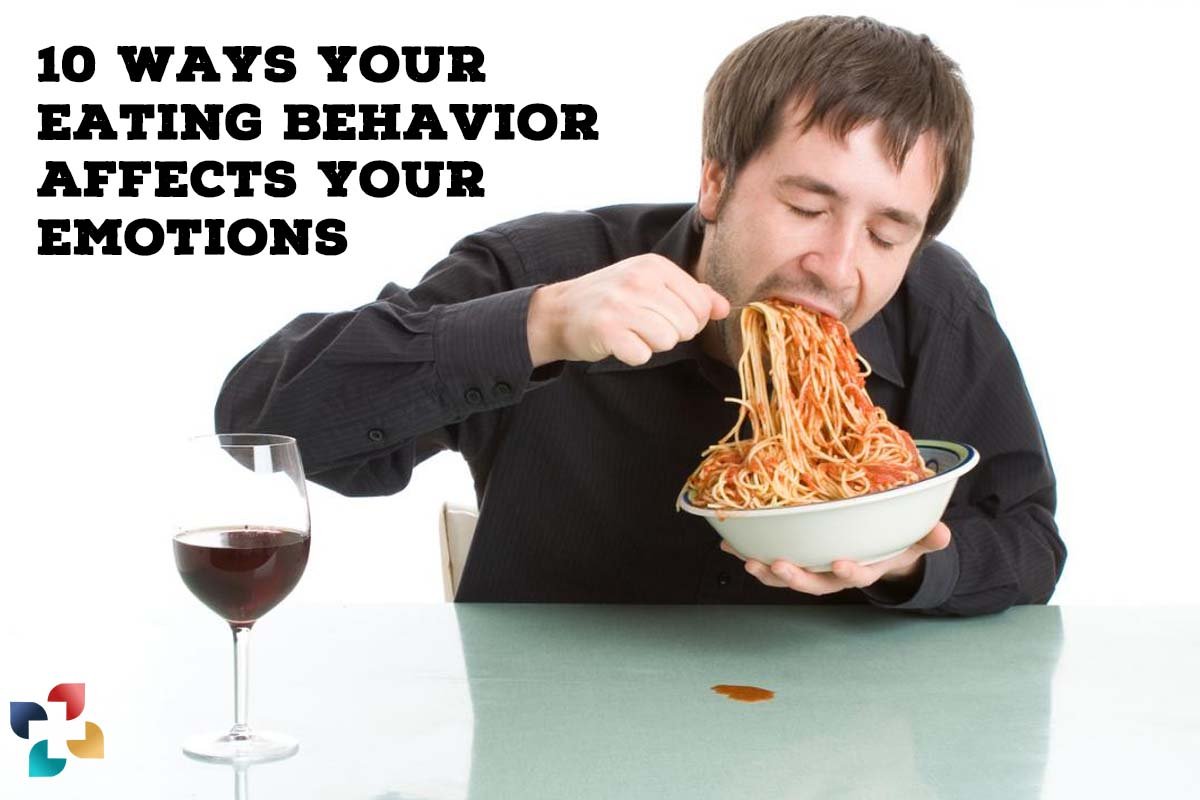Not only does the food we consume have an effect on our physical health, but also on the way we feel emotionally. The connection between what we eat and how we feel is a complicated and multi-dimensional one. What we eat may have an effect on not just our mood but also our stress levels, our energy levels, and our mental health in general. In this ARTICLE, we will explore10 the Effects of unhealthy eating habits on mental health.
Here are 10 Effects of unhealthy eating habits on mental health;
1. Blood Sugar Imbalance
Consuming a diet that is heavy in refined carbs and sugars may cause a surge in blood sugar levels, which is then followed by a sharp decline in those levels. This can be dangerous for those with diabetes. This rollercoaster effect may lead to feelings of exhaustion, irritation, and fluctuations in mood. Inflammation in the body may be caused by high blood sugar levels, and this inflammation can lead to feelings of despair and anxiety in certain people.
2. Nutritional Deficiencies
Anxiety and sadness are both symptoms that may be brought on by a diet that is deficient in critical nutrients. Some of these nutrients include omega-3 fatty acids, B vitamins, and magnesium. The consumption of foods rich in omega-3 fatty acids has been linked to improvements in mood as well as cognitive performance.

The creation of neurotransmitters like serotonin and dopamine, which are involved in the control of mood, need B vitamins, which are required for their development. Magnesium has a role in the control of stress hormones and has been shown effects of unhealthy eating habits on mental health.
3. Gut-Brain Connection
The Effects of unhealthy eating habits on mental health can be observed in the interaction between the digestive system and the central nervous system, which is convoluted and ever-changing, and it is known as the gut-brain connection. This link is significantly influenced by the microbiome of the gut, which is made up of an incredible number of bacteria—trillions, to be exact.
The gut microbiota, which might influence our mental health, can be either nourished by the meals we consume or damaged by the foods we eat. There is a correlation between having a healthy microbiome in the gut and having a lower risk of depression, anxiety, and stress.
4. Food Sensitivities
Food intolerances and allergies may result in a wide variety of uncomfortable physical and mental side effects, including the effects of unhealthy eating habits on mental health. Gluten, dairy products, soy, and eggs are examples of foods that often trigger allergic reactions in people. Consuming foods to which your body is sensitive may cause a variety of uncomfortable side effects, including weariness, cognitive fog, mood changes, and even more severe symptoms such as depression or anxiety. The identification and avoidance of dietary sensitivities may have a positive effect on one’s physical and mental well-being.
5. Caffeine Intake

Caffeine is a stimulant that, when consumed, may provide an increase in both alertness and energy. Nevertheless, drinking an excessive amount of caffeine may contribute to feelings of anxiousness as well as jitters and difficulty falling or staying asleep. In addition, caffeine has been shown to disrupt sleep, which in turn has been linked to negative effects on mood and mental well-being. It is important to drink caffeine in moderation and to refrain from doing so in the late afternoon or evening.
6. Use of alcoholic beverages
Drinking alcohol, which is a depressive, may bring on feelings of anxiety as well as depression. Although while drinking alcohol might temporarily alleviate symptoms of tension and anxiety, drinking to excess can have detrimental effects of unhealthy eating habits on mental health. Drinking alcohol may make it difficult to fall asleep and lead to sensations of dehydration, both of which can contribute to feelings of exhaustion and irritation.
7. Emotional Eating
Emotional eating refers to the habit of eating in order to alleviate negative feelings, such as anxiety, depression, or even boredom. This conduct may result in emotions of guilt and shame, as well as overeating, which can contribute to weight gain. Emotional eating may also interfere with the body’s natural indications for when it is hungry and when it has had enough to eat, which can lead to disordered eating patterns.
8. Mindful Eating
The practice of paying attention to both the food that we consume and the feelings that occur throughout our bodies when we are eating is referred to as mindful eating. This practice may assist us in making more educated decisions about the foods we consume, preventing us from overeating, and improving our connection with food.
Eating with awareness may also benefit our mental health by making it easier for us to recognize when our bodies are telling us they are hungry or full and by lowering the levels of tension and anxiety we experience in relation to food.
9. Eating Disorders
Effects of unhealthy eating habits on mental health are severe diseases that may have a substantial influence on an individual’s emotional well-being. Some of the most common eating disorders are anorexia, bulimia, and binge eating disorder. These conditions are characterized by destructive patterns of behavior in relation to food, which may result in low levels of shame, guilt, and self-esteem. Eating disorders may only be treated successfully by trained medical professionals, and treatment often includes psychotherapy, medication, and dietary counseling as well.
10. Social Eating
The act of eating in the company of other people, whether they be family members, friends, or coworkers, is referred to as “social eating.” Consuming food in the company of others has the potential to influence one’s mental health in both good and bad ways. Consuming food in the company of others may, on the one hand, foster feelings of connection, belonging, and enjoyment.

On the other side, eating with others may lead to emotions of guilt or embarrassment, as well as the pressure to comply with societal standards about food. This can result in excessive eating, leading to the detrimental effects of unhealthy eating habits on mental health.
BOTTOM LINE
The connection between one’s emotional state and their eating habits is a complicated and multi-dimensional one. The foods we consume have the potential to influence not just our mood but also our level of stress, our level of energy, and our general mental health. It is essential that we pay close attention to our eating routines and make educated decisions about the foods we consume in order to maintain a healthy mental state.
Eating a diet that is well-balanced and contains all of the essential nutrients, determining and removing any food sensitivities, engaging in the practice of mindful eating, and seeking professional assistance for eating disorders are some of the ways that one can support their emotional well-being through their eating behavior. If we are mindful of our eating routines, we may enhance not only our physical but also our mental and emotional well-being. The above are the effects of unhealthy eating habits on mental health.











